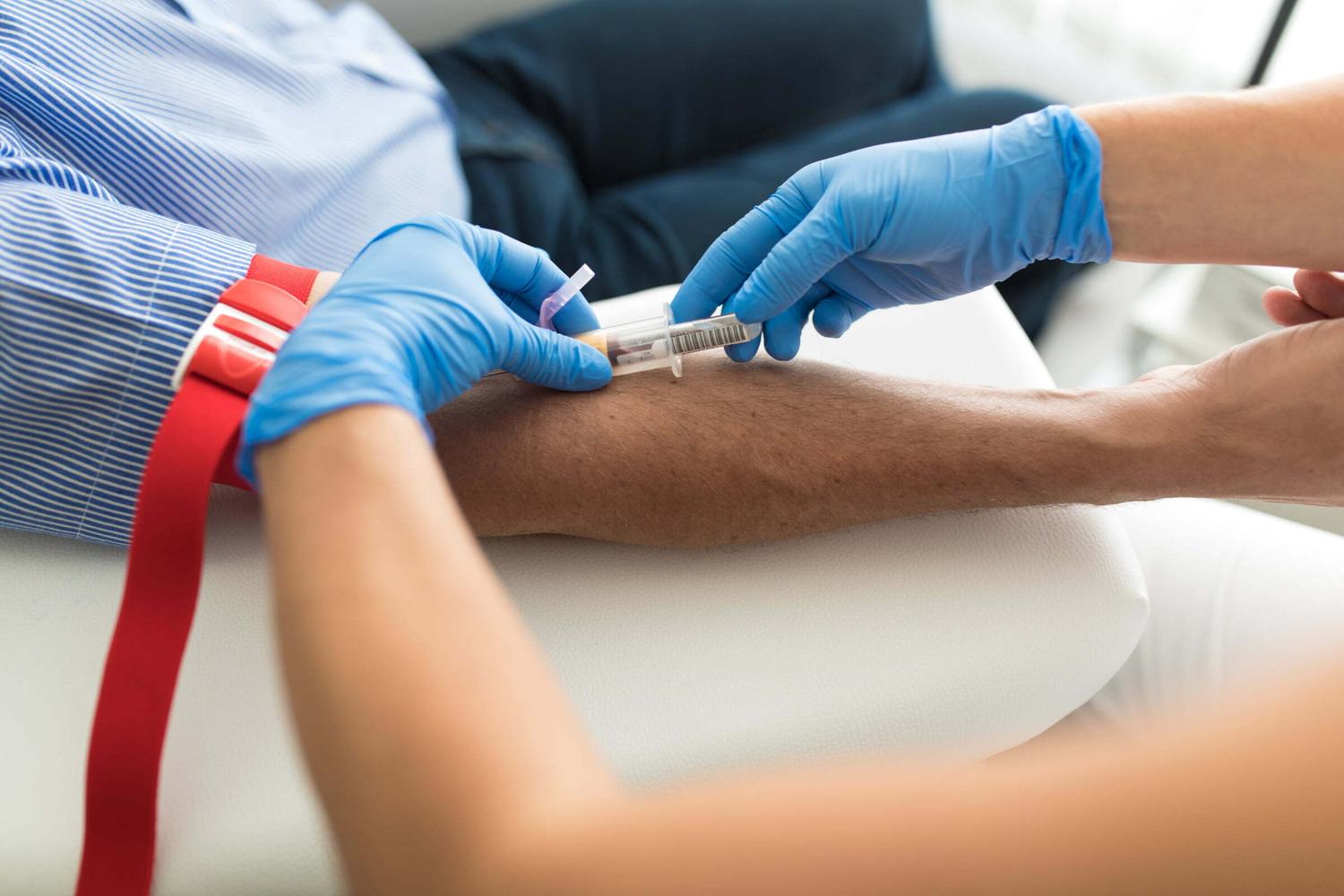Doctor-recommended Labs and Screenings by Age and Gender
A Q&A with Dr. Allison Edwards, Sesame's Medical Director, about the importance of lab testing
Regular lab work can be an important part of getting an understanding of your overall health, and doctors are aided immensely when they can look at a patient’s lab results. In fact, according to the CDC, 70% of today's medical decisions depend on laboratory test results. Some blood tests can help your doctor determine things like how your organs are reacting to a medication you're taking or if you're at risk for developing a certain condition. Read a short Q&A with Sesame's Medical Director, Dr. Allison Edwards, below to find out more about the vital role lab results play in making sure your doctor has the most comprehensive view on your health. Plus, find recommended routine labs for you based on your age and gender.
Q: Is it important to get routine lab work done?
A: Although the data we have suggests that there isn’t a huge benefit to getting “routine blood work” done; that doesn’t change the fact that for many Americans, the annual labs tend to give people a better overall picture of their health, on a cellular and metabolic level.
Q: What can lab results help a doctor determine about a patient?
A: Depending on what your doctor orders, laboratory testing of blood samples can be quite insightful. The tests most often performed look for kidney, thyroid, and liver function, electrolyte balance; anemia, low platelets, and imbalance in white blood cells; A1c; and cholesterol (sometimes referred to as a “lipid panel”).
Q: How vital are lab results in determining a comprehensive care plan for a patient?
A: Lab results play an important role in making sure your doctor has an idea of what’s going on with your vital organs. While there isn’t great data to suggest that getting an “annual panel” or “routine lab work” done just for the sake of doing labs, it can be helpful to get a spot check just to make sure that as your doctor is prescribing medicines, you have an idea of how your kidneys are working, as many medications rely on the kidneys to clear them from your system. Of course, there are a whole host of reasons to get labs if you’re looking for a specific disease or monitoring a chronic condition. Your clinician will help you figure out what labs are best in these circumstances.
Talk to a provider today to learn what labs might be recommended for you based on your health history, gender or age.
Labs recommended by Dr. Edwards
| Lab | Purpose | Frequency |
|---|---|---|
| STD Tests | Sexually Transmitted Disease Screening | Annually for sexually active (prior to a new partner or with high-risk behavior) |
| Lipid panel (cholesterol) | High Cholesterol Screening (if recommended) | Annually starting at age 40 |
| Hemoglobin A1c lab test | Diabetes Screening | Depending on risk factors, screening every few years may be advised |
| Colon Cancer Screening Test | Colon Cancer Screening - iFIT, FOBT, Cologuard, and other options – starting at age 45 | Annually (iFIT, FOBT). Every 3 years (Cologuard). Colonoscopy (Every 3-10 years depending on risk factors). |
| Hepatitis and HIV Screening | Hepatitis B, Hepatitis C, and HIV Screening | Depending on risk factors, checking at least once in adulthood may be recommended |
Other tests to consider
| Lab | Purpose |
|---|---|
| Thyroid-stimulating hormone (TSH) test | A thyroid stimulating hormone (TSH) test is a lab test that evaluates how well your thyroid is working by measuring your thyroid stimulating hormone. |
| Comprehensive metabolic panel (CMP) | Comprehensive Metabolic Panels (CMPs) measure 14 different substances in your blood to give your doctor important information about your body's chemical balance and metabolism. |
| Comprehensive annual panel | A Comprehensive Annual Panel (CMP) includes up to 14 tests that help doctors get a broad overview of your health, including blood count, a metabolic panel to evaluate kidney and liver function, as well as heart health and critical information about your hormones. |
| Complete blood count (CBC) | A complete blood count (CBC) is a common blood test used by doctors to screen for a variety of conditions including anemia, malnutrition, infections, inflammation, leukemia and other conditions. |
| Standard health panel | A standard health panel of tests includes a Complete Blood Count (CBC) Comprehensive Metabolic Panel (CMP); Urinary Analysis (UA); Hemoglobin A1c; and Lipid Panel. |
| Testosterone lab test | A Testosterone lab test can be used to screen for several conditions including decreased sex drive, infertility, erectile dysfunction, tumors, irregular menstrual cycles in women, and more. |
How Sesame Can Help
Still want to know more about what labs you need? Book an online lab referral appointment on Sesame to speak to a licensed provider today.




